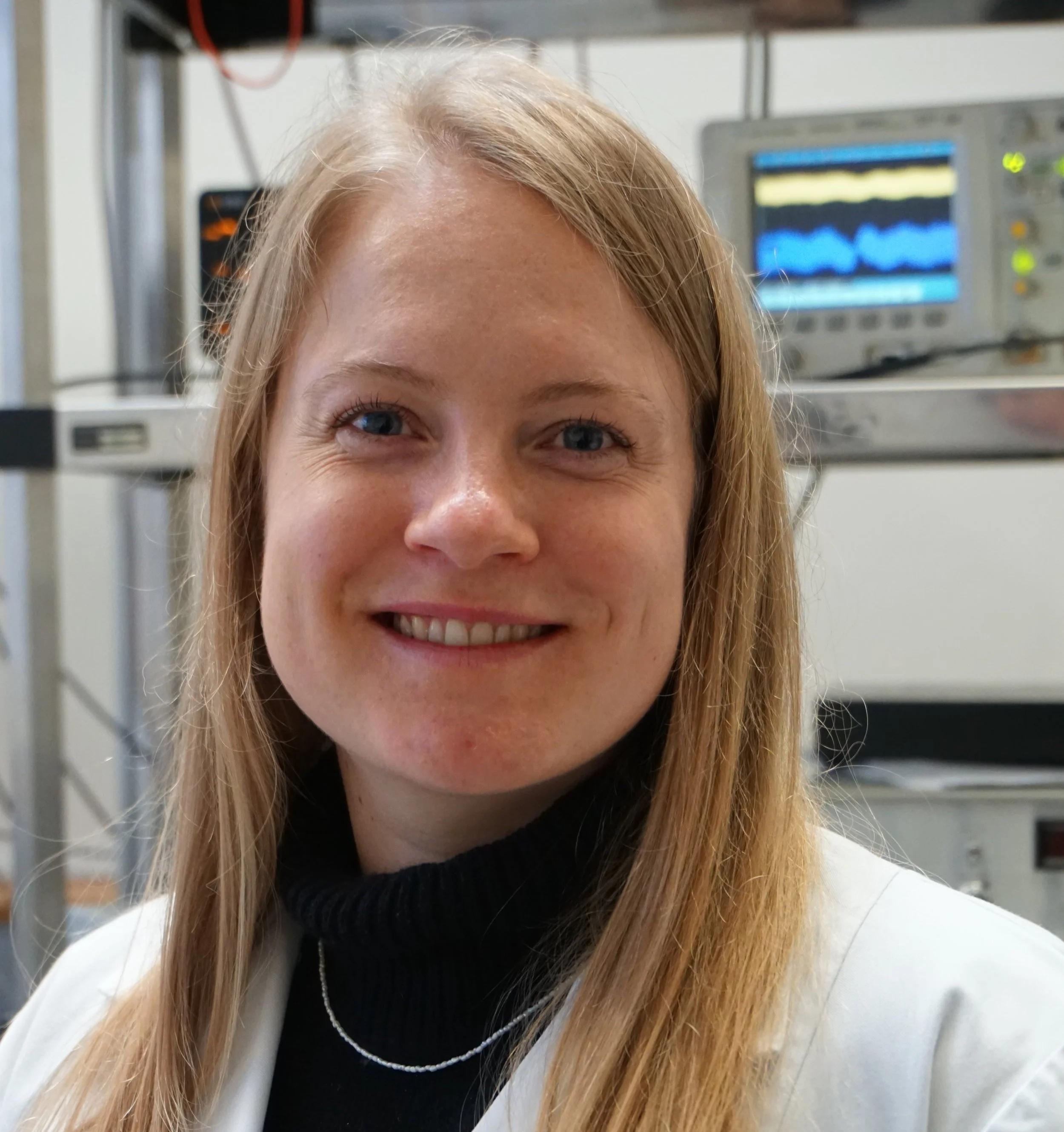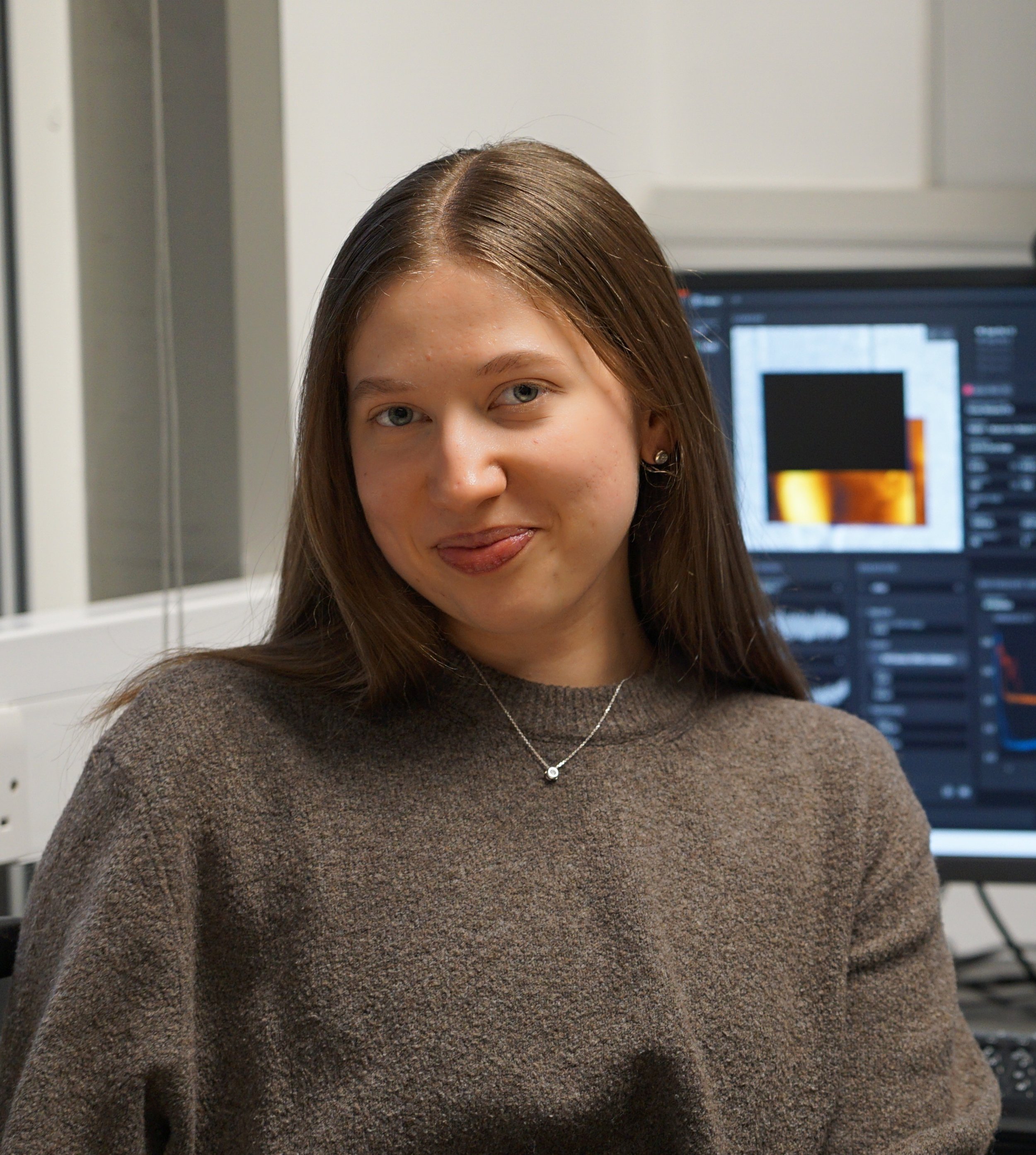I have always been fascinated by the microscopic world. From high school, I steered my academic path toward laboratory sciences, and this passion has only deepened throughout my studies and research. My interest has particularly focused on the intricate interactions between membrane proteins and lipids. And what has always drawn me to microscopy is its unique ability to let us “see” what we study. During my master's internships and later my PhD, I discovered High-Speed AFM (HS-AFM), and it was a revelation. More than just a tool, this technique has become essential to the research I aspire to conduct, the one that excites and inspires me the most. I also had the opportunity to popularize and share this passion with the general public and schools through a program offered by Aix-Marseille University.
Today, I am pursuing this way as a postdoctoral researcher in Ancona, Italy. I chose to continue working with HS-AFM to investigate the mechanisms of a transporter involved in the central nervous system. This deliberate choice to deepen my expertise with the same technique reflects my conviction that its potential remains vast and that each new image holds the promise of uncovering an unseen facet of life.
Elodie Lafargue
Papers under revision:
Elodie Lafargue, Carlos Marcuello, Thomas M. Wood, Nathaniel I. Martin, Adai Colom, Ignacio Casuso, (2025) Bacterial membrane organization through fluid regions: An ancient role of the ligase MurG uncovered under revision at ACS Nano.
BlueSky: @elodie-lafargue.bsky.social
Are you a woman conducting AFM research or know of someone you would like to nominate to be featured in our next #WomenInAFM campaign? Contact us at community@nunano.com!






